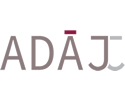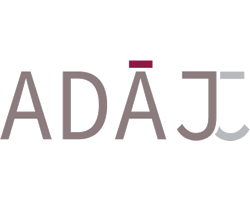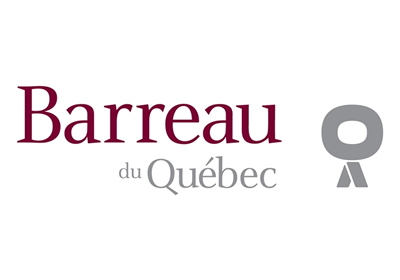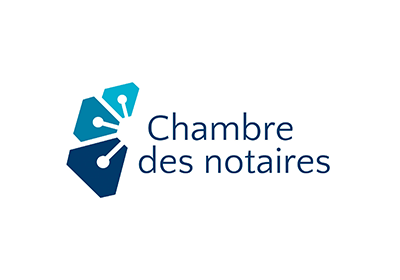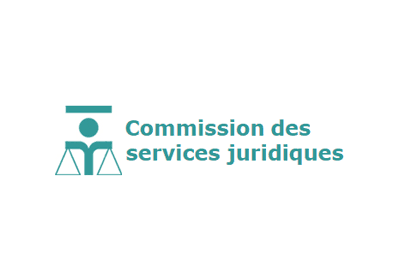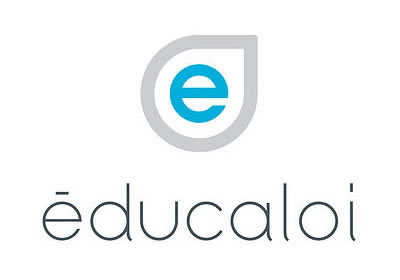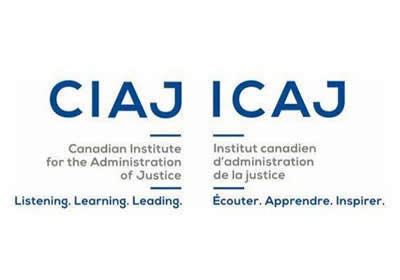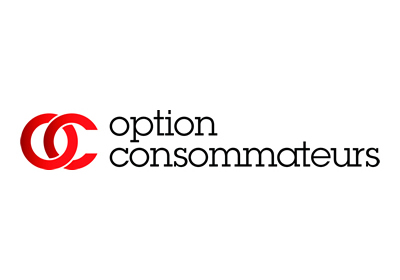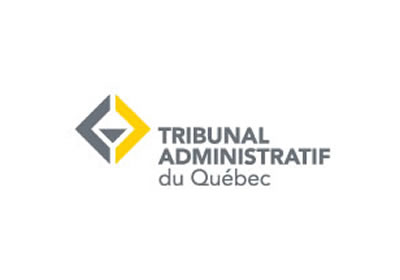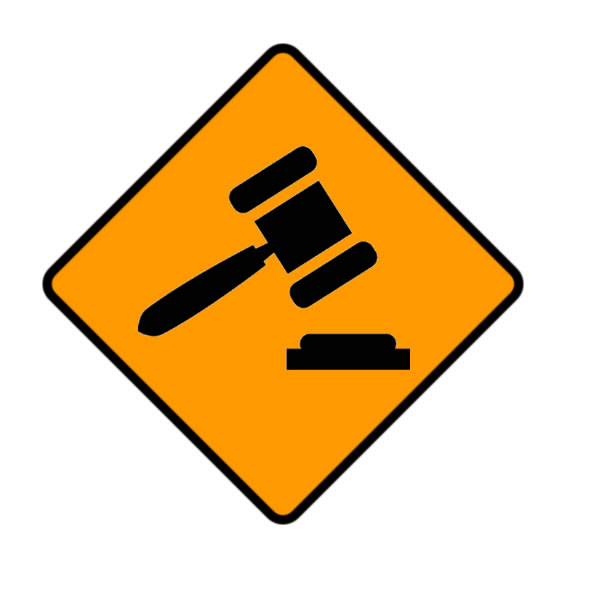
The new Code of Civil Procedure provides a framework for private dispute prevention and resolution (PDPR), and establishes an obligation to consider it in Article 1, as well as verification of this by the judge when managing the case (Article 148). What are the reasons for this choice, and how can it be put into practice?
The project will analyse the effectiveness of the obligation to consider PDPR by assessing its relevance and credibility with respect to legal practitioners and the judiciary.
On the theoretical level, the project consists in reviewing the legal literature to identify:
- The potential of PDPR and anticipated benefits of employing it;
- Criticisms of PDPR and anticipated resistance that would hamper its use.
On the practical level, one or two hypotheses will be formulated based on the literature and then tested using an empirical study conducted with respect to legal practitioners in Québec, lawyers, notaries, justices of the Superior Court of Québec, and judges of the Court of Québec.
Researchers

Véronique Fraser
ResearcherJean-François Roberge
Researcher
Catherine Régis
Collaborator
Adeline Audrerie
Student researcher
